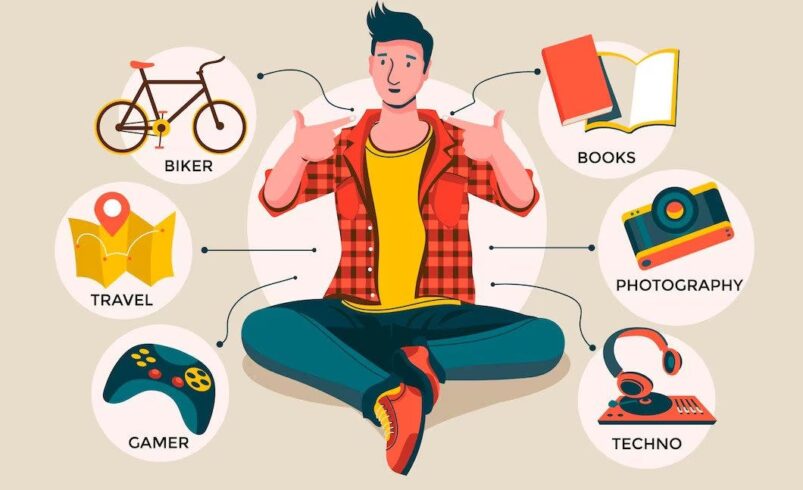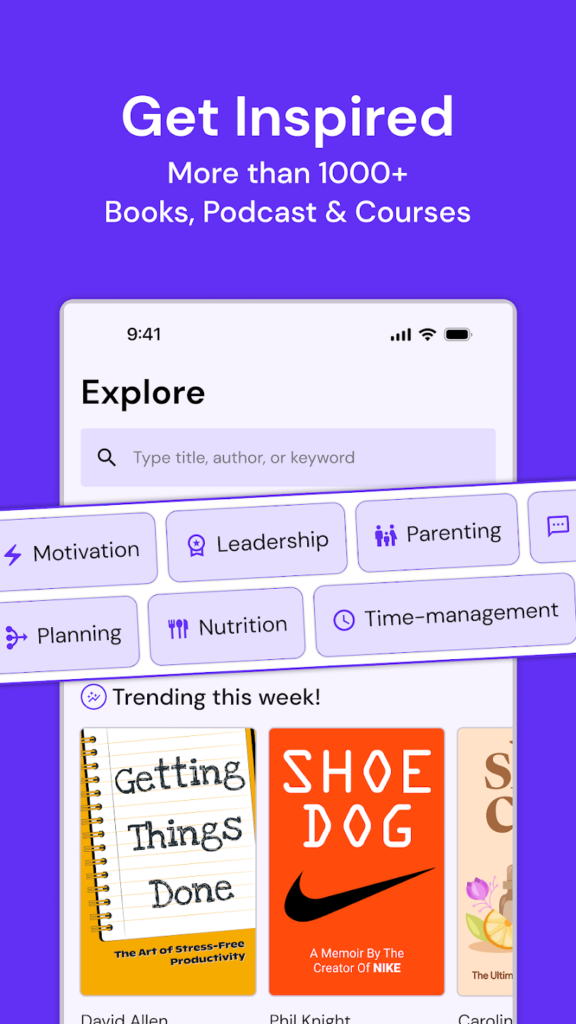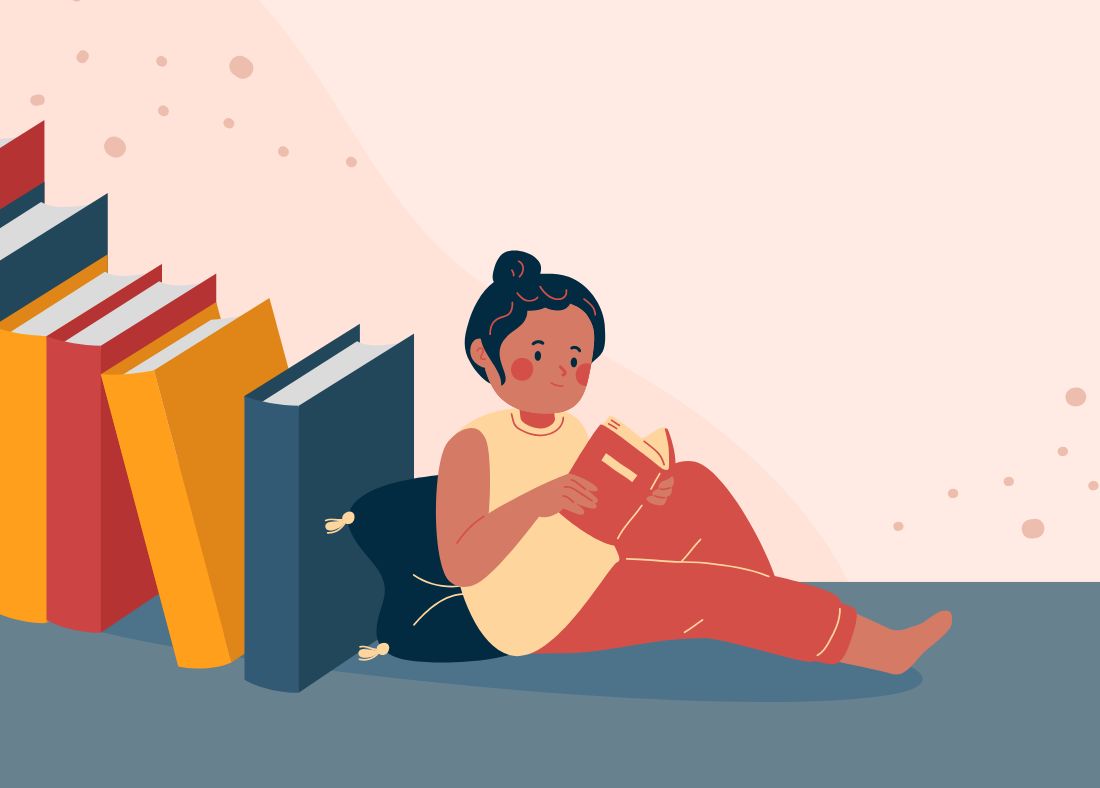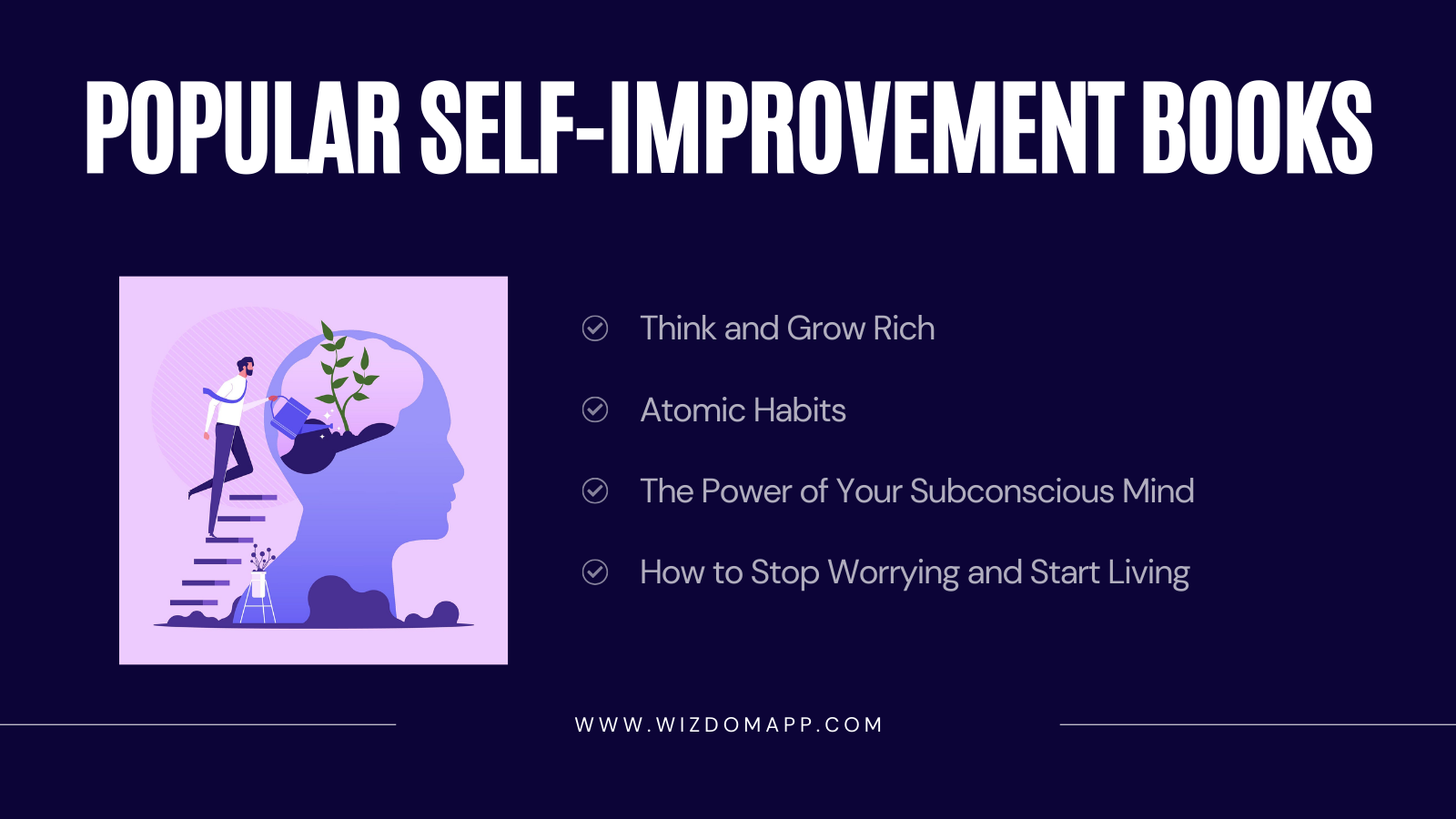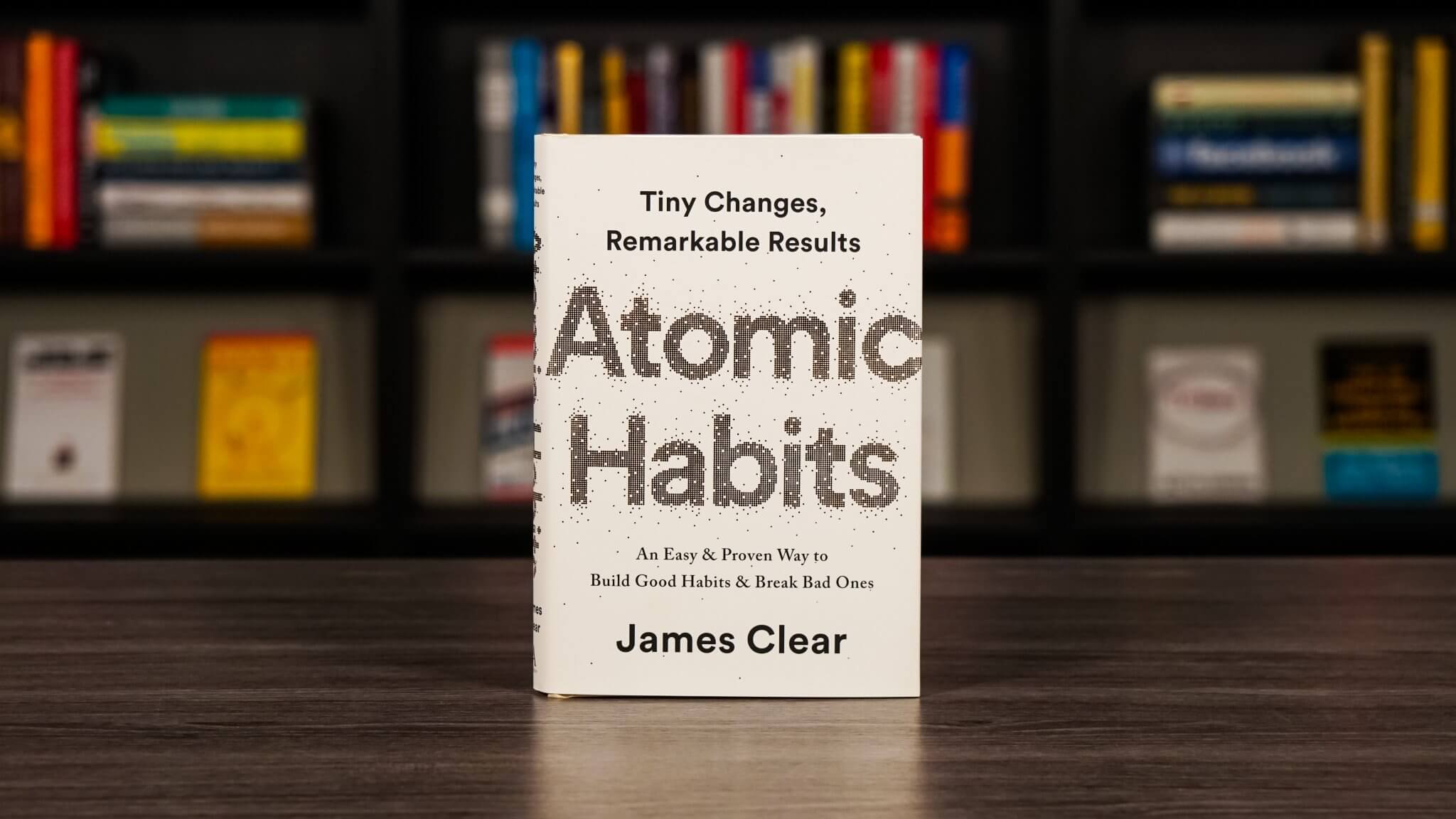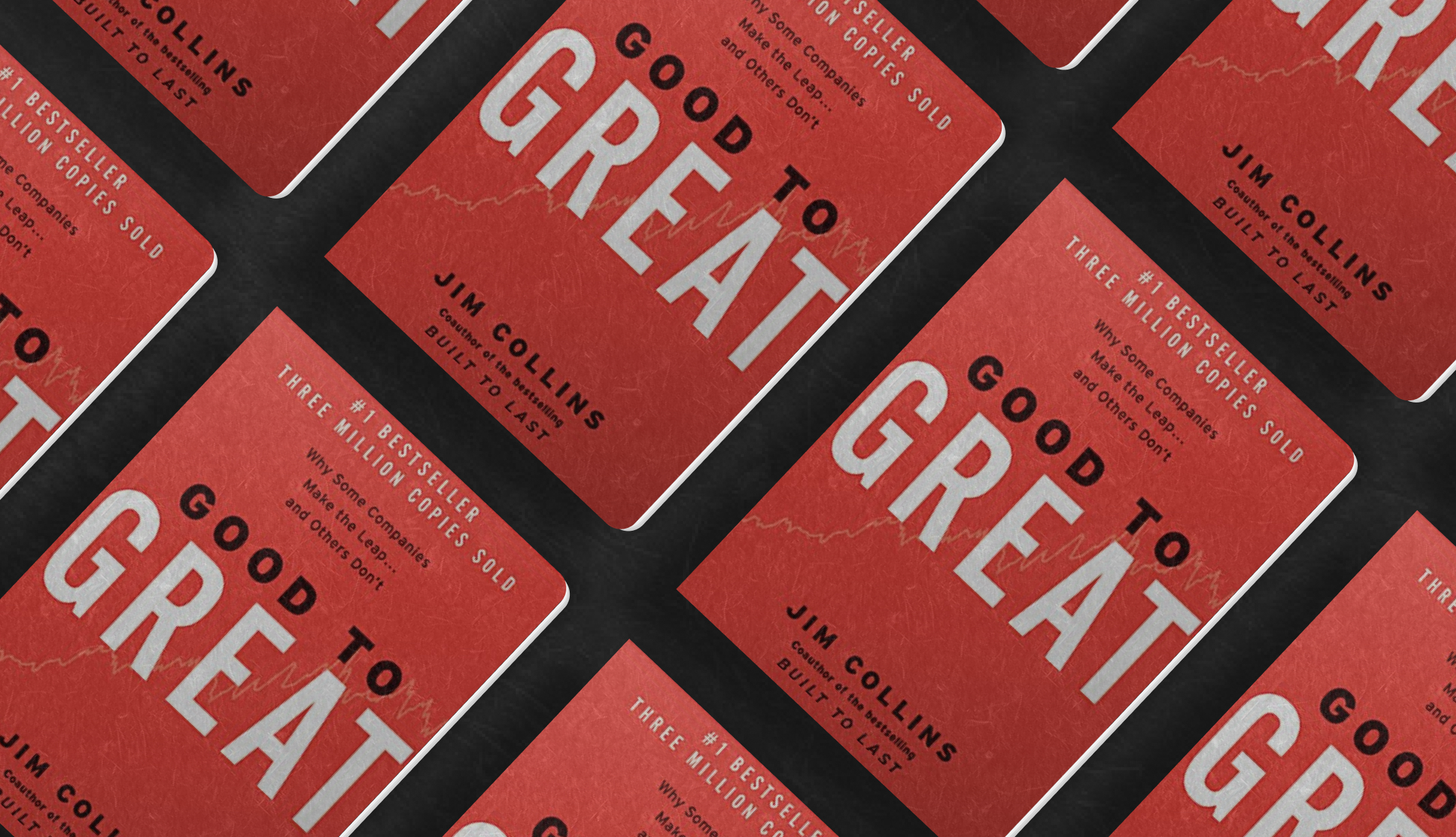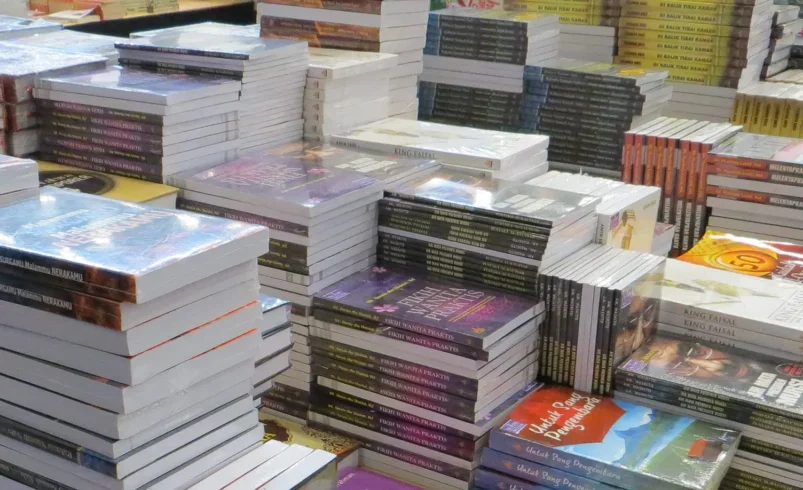
Books can basically be categorised into two types: fiction and nonfiction. Mostly all the genres fit into these broad concepts.
Fiction books are narratives created from the imagination, designed to entertain, provoke thought, or evoke emotions. They can include novels, short stories, and novellas, encompassing genres like mystery, fantasy, science fiction, and romance.
Non-fiction books, on the other hand, are based on real events, people, and facts. They aim to inform, educate, or provide insights into various aspects of the real world, covering genres like biographies, self-help, history, and science.
Here are some must read from both the categories that can help you get started with reading:
Fiction Books
“To Kill a Mockingbird” by Harper Lee
Set in the racially segregated American South, this novel follows Scout Finch and her brother Jem as their father, Atticus, a lawyer, defends a black man falsely accused of raping a white woman. The book’s portrayal of racial tensions and its emphasis on empathy and human dignity have made it a timeless classic.
“Pride and Prejudice” by Jane Austen
This novel centres on the romantic misadventures of Elizabeth Bennet and Mr. Darcy. Set in early 19th-century England. It critiques the rigid social structures and gender expectations of the time. Austen’s sharp wit and keen observations on human nature make it a delightful read, blending romance with social commentary.
“1984” by George Orwell
Orwell’s dystopian masterpiece presents a chilling vision of a totalitarian regime led by Big Brother. In a world where surveillance is omnipresent and independent thought is suppressed, the novel explores themes of power, control, and the impact of propaganda, offering a stark warning about the loss of individual freedoms.
“The Great Gatsby” by F. Scott Fitzgerald
This novel tells the story of the mysterious and wealthy Jay Gatsby and his unrequited love for Daisy Buchanan. Through the eyes of narrator Nick Carraway, Fitzgerald paints a picture of the American Dream’s allure and its eventual disillusionment. The novel’s exploration of ambition, love, and the moral decay of society remains relevant today.
“One Hundred Years of Solitude” by Gabriel García Márquez
This seminal work of magical realism chronicles the rise and fall of the Buendía family in the fictional town of Macondo. Spanning seven generations, the novel blends the extraordinary with the ordinary, exploring themes of fate, history, and the cyclical nature of time.
“The Catcher in the Rye” by J.D. Salinger
The novel follows the troubled teenager Holden Caulfield as he navigates the challenges of adolescence in 1950s New York. Salinger’s poignant exploration of teenage angst, identity, and the struggle to find one’s place in the world has resonated with generations of readers.
“Beloved” by Toni Morrison
Set after the American Civil War, this powerful novel tells the story of Sethe, an escaped slave haunted by the traumatic legacy of slavery and the ghost of her deceased daughter. Through lyrical and evocative prose, Morrison delves into the horrors of slavery, the complexities of motherhood, and the struggle for identity and redemption.
Non-Fiction Books
“Sapiens: A Brief History of Humankind” by Yuval Noah Harari
Harari takes readers on a sweeping journey through human history, from the emergence of Homo sapiens in the Stone Age to the present day. The book examines how cognitive, agricultural, and scientific revolutions have shaped societies and the world we live in.
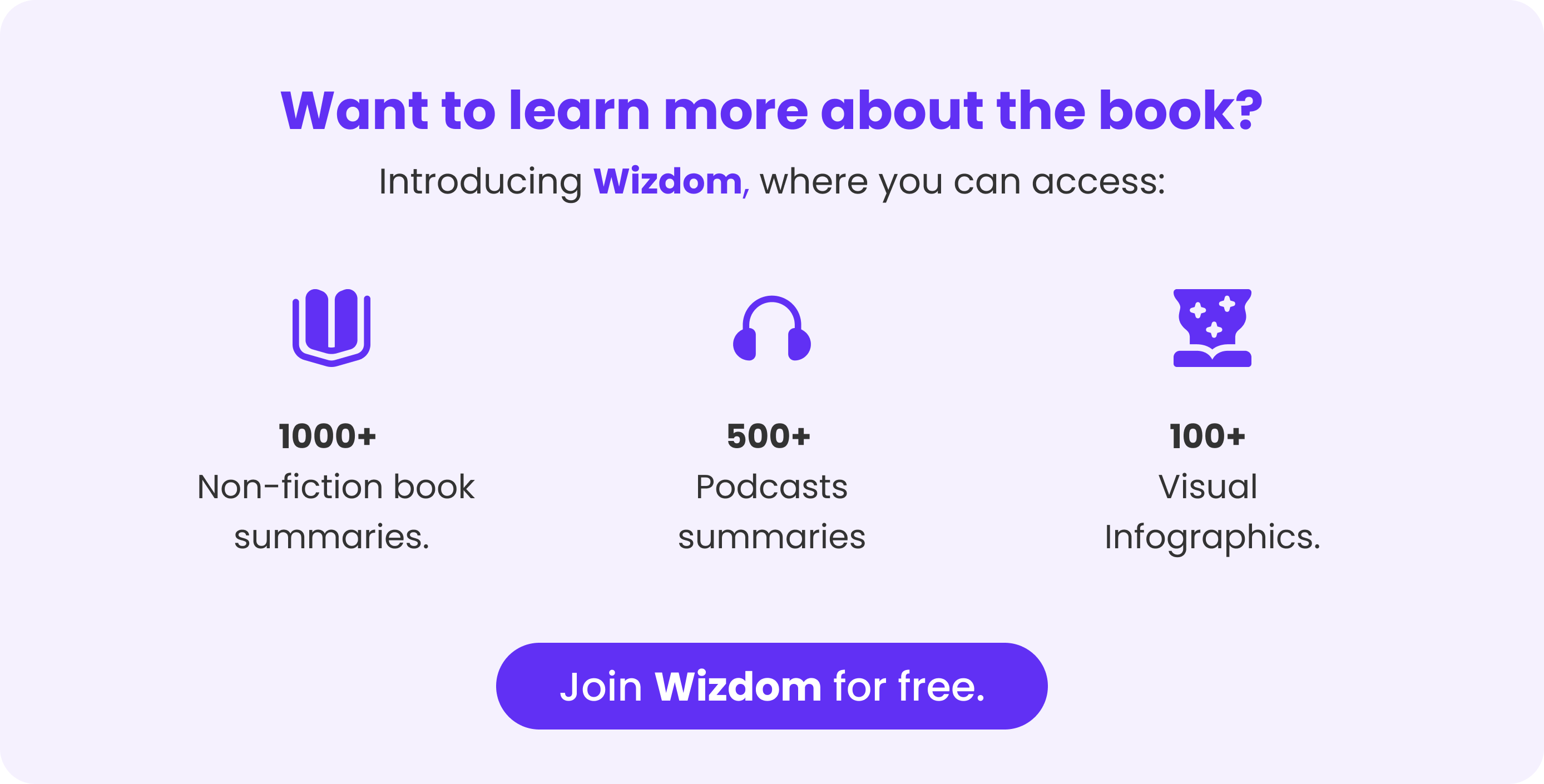
“Educated” by Tara Westover
This memoir recounts Westover’s experiences growing up in a strict and abusive household in rural Idaho, where she was denied formal education. “Educated” is a powerful story of resilience, the pursuit of knowledge, and the transformative power of education.
“The Immortal Life of Henrietta Lacks” by Rebecca Skloot
The author tells the story of Henrietta Lacks, whose cancer cells were taken without her consent in 1951 and became one of the most important tools in medical research. The book explores the ethical implications of medical experimentation and the impact on Lacks’ family. It is a poignant examination of science, ethics, and human dignity.
“Becoming” by Michelle Obama
In this personal memoir, former First Lady Michelle Obama reflects on her journey from a working-class upbringing in Chicago to the White House. She shares her experiences with identity, motherhood, and public life, offering an intimate look at her triumphs and challenges. “Becoming” is an inspiring tale of perseverance, advocacy, and personal growth.
“The Wright Brothers” by David McCullough
McCullough chronicles the lives of Wilbur and Orville Wright, who defied the odds to invent the first successful aeroplane. The biography highlights their ingenuity, determination, and the obstacles they overcame. McCullough’s vivid storytelling brings to life the brothers’ groundbreaking achievements and their impact on aviation history.
“Thinking, Fast and Slow” by Daniel Kahneman
Nobel laureate Kahneman explores the two systems of thought that drive our decisions: the fast, intuitive, and emotional system, and the slow, deliberate, and logical system. The book delves into cognitive biases and how they affect our thinking. It offers valuable insights into human behaviour, decision-making, and the mind’s workings.
“The Diary of a Young Girl” by Anne Frank
This diary, written by Anne Frank while hiding from the Nazis during World War II, provides a poignant and intimate glimpse into the life of a young Jewish girl during a time of unimaginable horror. Her reflections on fear, hope, and the human spirit have touched millions of readers. The diary remains a powerful testament to the resilience of the human spirit.
Fiction and non-fiction books each offer unique windows into the human experience. Fiction allows us to explore imaginary worlds and delve into complex themes, while non-fiction provides factual accounts and insights that can inspire.
Fiction transports readers to creative worlds, allowing them to explore a wide variety of emotions, while non-fiction provides knowledge and real-life stories that can educate.
The recommended books span a wide range of genres and subjects, offering readers a rich tapestry of stories and knowledge. Reading these books can broaden our perspectives, deepen our understanding of the world, and enrich our lives in countless ways.
Whether you seek the escapism of fiction or the enlightenment of non-fiction, these must-read books are sure to leave a lasting impact. Reading widely across both genres is essential for a well-rounded perspective and a deeper appreciation of the human experience.
Want to know more about such books?
Read the complete set of most-read books FREE on the Wizdom App
Don’t forget to check the app out and get armed with 1500+ of the world’s best books, courses, podcasts, infographics, and more!
Find the link here to an endless journey of reading!

Priyanshi Rai
Passionate author with a love for travel, music, books, and culinary arts. Writing is my passion, with a focus on various subjects, but my special affinity lies in meditation and self-improvement.
Recent Posts
- 25 Top Quotes from The 10X Rule to Supercharge Your Ambition
- 10 Books You Must Read to Succeed in Your Career
- 30 Little Tricks for Big Success in Relationships
- 25 Life-Changing Self-Help Books to Read This December: Boost Your Mood and Your Mind
- 25 Amazing Self-Care Tips for December: Wrap Yourself in Joy, Not Stress


